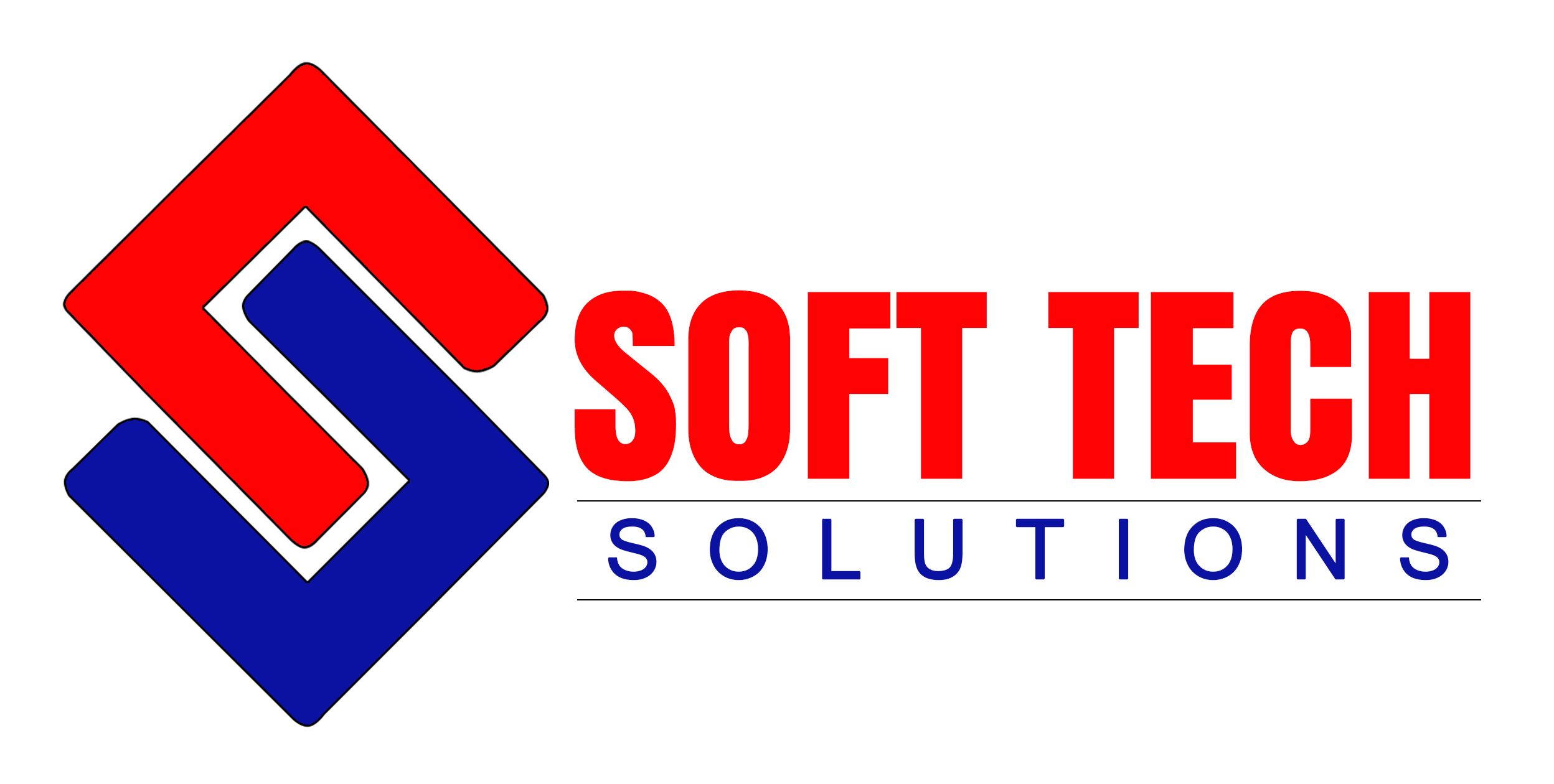C++ programming is a general-purpose, object-oriented programming language that was developed as an extension of the C programming language. C++ was first introduced in the early 1980s by Bjarne Stroustrup at Bell Labs.

C++ programming is a general-purpose, object-oriented programming language that was developed as an extension of the C programming language. C++ was first introduced in the early 1980s by Bjarne Stroustrup at Bell Labs.
C++ has a similar syntax to C, but it includes additional features such as classes, templates, inheritance, and polymorphism that make it a more powerful and flexible language. C++ also supports generic programming, which allows you to write code that can be used with different data types.
The syllabus for a typical C++ programming course may include the following topics:
Soft-Tech Solutions is a leading provider of online and offline courses, offering high-quality state-of-the-art training in IT and business-related fields. Soft-Tech Solutions has a proven track record of training thousands of students and is committed to providing the best education possible.
As an ISO 9001:2008 certified training institute, Soft-Tech Solutions maintains a strong presence in Andhra Pradesh at Visakhapatnam, delivering quality training to individuals and businesses alike.
Our Mission:
Our mission at the Computer Training Institute is to provide top-quality, comprehensive training in the latest computer technologies to individuals and businesses.
We are committed to helping our students acquire the skills and knowledge necessary to succeed in the ever-evolving world of technology. Our aim is to empower our students to reach their full potential and achieve their personal and professional goals.
Our Vision:
Our vision at the Computer Training Institute is to be a premier institution for computer education, recognized for our excellence in training and our commitment to producing highly skilled professionals in the field of technology.
We aim to be at the forefront of the latest technological advancements, providing our students with the most up-to-date training available. Our goal is to create a community of lifelong learners who are equipped with the skills and knowledge needed to succeed in the digital age.
© 2025 coursetakers.com All Rights Reserved. Terms and Conditions of use | Privacy Policy